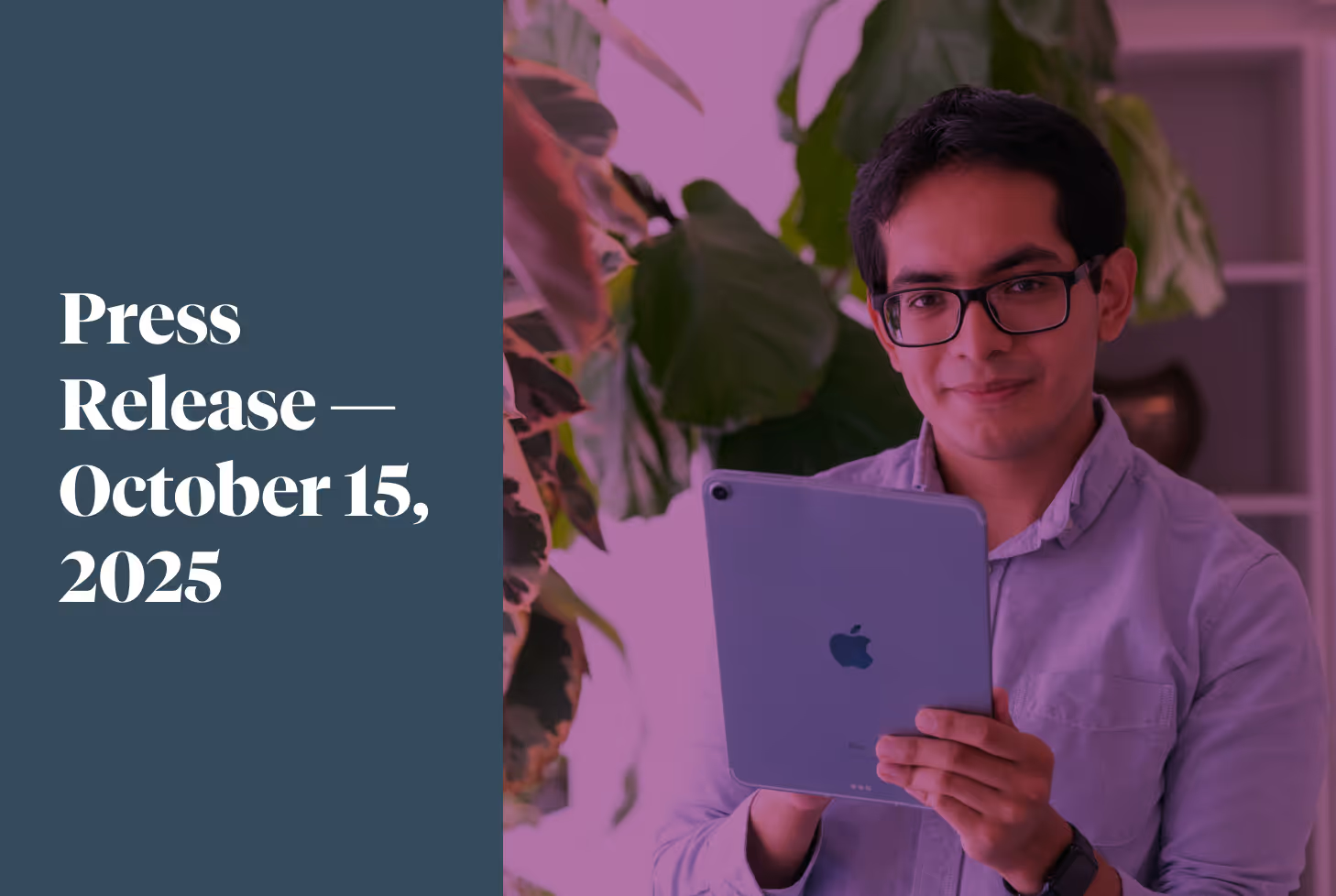People with diabetes at much higher risk for depression according to dQ&A research.
SAN FRANCISCO, California, February 21, 2019 — dQ&A Market Research Inc., the leader in diabetes patient research, released selected results from its quarterly American study of people with diabetes. One third of the people in the study had mild or severe depression, based on a validated psychological well-being index.
“This result brings clearly into focus the terrible burden of living with diabetes,” said Richard Wood, dQ&A’s CEO. “We empathize with the difficulties of our diabetes community and their family members, and we want to add our voice to those who are campaigning for better support and better treatments for patients.”
Each quarter for the last ten years, dQ&A has conducted an extensive survey of people with diabetes in order to better understand their attitudes and behavior. The study now reaches nine countries and over 15,000 people. Data from 2018 show that 33% of all respondents in the US had poor psychological well-being, based on the WHO-5 Well-Being Index – which is typically used as a ‘screening diagnosis’ of depression. A score of 29 to 50 on the index is indicative of mild depression, and 28 or below is an accurate predictor of severe depression. Other studies have cited even higher levels of depression for those with diabetes.
Notably, dQ&A data show that the incidence of depression is greatest for people with type 2 diabetes who take insulin and for those with higher A1c (a measure of 90 day average glucose control) – see table. A worrying 19% of adults with A1c higher than 8.0% are likely to have severe depression.
Thousands of members of the dQ&A community have provided disturbing written commentary on how diabetes affects their mental health. Here are three examples:
“It’s becoming harder to get good control on my numbers. It’s taking much more insulin to keep me in check. Depression is becoming a real problem for me — just seem to be upset and sad at what this disease is doing to me. Keeping my weight down is also becoming much more difficult.” dQ&A Community Member
“I am feeling a strong sense of diabetes burnout. I’m tired of dealing with it all the time, and my blood sugars are less consistent and seem more difficult to control, which only works to enhance my feeling of burnout.” dQ&A Community Member
“I have no motivation to keep doing the daily routine. I do not get any support from others, even if I ask. I keep on gaining weight.” dQ&A Community Member
Since the DAWN study (2001), an international survey of patient and care provider attitudes and needs, it has been well recognized that psychosocial problems are common among people with diabetes and that there is a need to enhance both psychological care and better relationships with healthcare professionals. But it seems there is still a long way to go.
dQ&A would like to express its sincere gratitude to all those community members who participated in these research studies.
About dQ&A
dQ&A is a social enterprise that’s committed to making life better for people with diabetes. We harness patient voices to help develop better products, services and policies, answer key business questions and improve health outcomes for people with diabetes. For ten years, we have focused exclusively on understanding what life is like for those with diabetes. We are trusted by patients because of our independence and commitment to them. And we are endorsed by industry leaders because we deliver high quality answers quickly and efficiently, through the use of our proprietary community. Our team has decades of experience in quantitative and qualitative research and a deep knowledge of diabetes. Many of our lives have been touched by diabetes, so we have a personal stake in our work.
Please contact dQ&A’s CEO Richard Wood at info@d-qa.com for more information or for inquiries into dQ&A’s industry-leading diabetes research services.
Sign up for our newsletter to receive the latest data and news from dQ&A.











